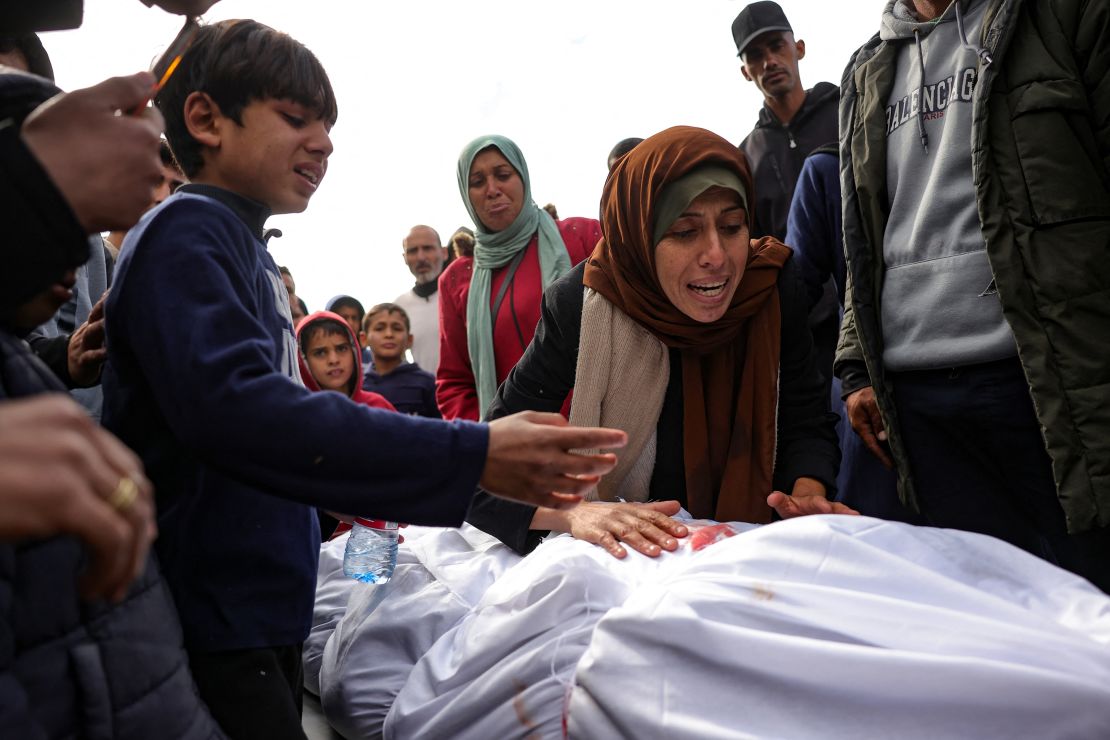Ethnic violence has ravaged Manipur, a remote northeastern state of India, claiming around 100 lives, leaving thousands homeless and creating a warzone in one of the world’s most populous countries. Buffer zones controlled by local women, viewed as less hotheaded than men, and thousands of troops patrol the state. The violence has become so severe that it has drawn down forces in other parts of India as well as the border with China. The conflict between the Meiteis, who form the majority group in the state, and the Kukis, who are hill tribes, has long-simmered. The emergence of tension between the two groups occurred after a court ruling involving their status, land rights, and government job allotment sparked protests by a Kuki-led student group in May 2021.
Since May, Manipur has been effectively separated into ethnic zones, where people belonging to the wrong group cannot pass safely. Many people have painted their ethnicity on their doors to avoid their homes being burned in a case of mistaken identity. Internet service has been cut, travel restrictions have made it difficult for people on the outside to see what is happening, and over 35,000 people have become refugees living in makeshift camps. In addition to the brutal violence between the two groups, rape and torture have also been reported.
Manipur was once an independent kingdom situated in a fertile valley between Myanmar and the Indian “mainland”. Its history is a polyglot cradle of culture that combined Indian and East Asian influences. Its contemporary conflict reflects the scarcity of resources and economic opportunities that affects many parts of India today.
Political leaders have exacerbated tensions between the two groups. The government of Manipur is controlled by Meiteis and the state’s chief minister has come down heavily in favor of Meitei grievances.
Indian Prime Minister Narendra Modi, whose party BJP leads the country, has said little about the situation on the ground. His right-hand man, Home Minister Amit Shah, visited Manipur on May 30 to attempt to broker peace between the warring parties.
For centuries, Manipur has been a melting pot of various ethnic and cultural groups, but the current conflict demonstrates that peace and stability in India’s border regions cannot be taken for granted. It has become a nightmare for those affected, who demand peace to return to their long-suffering communities.















